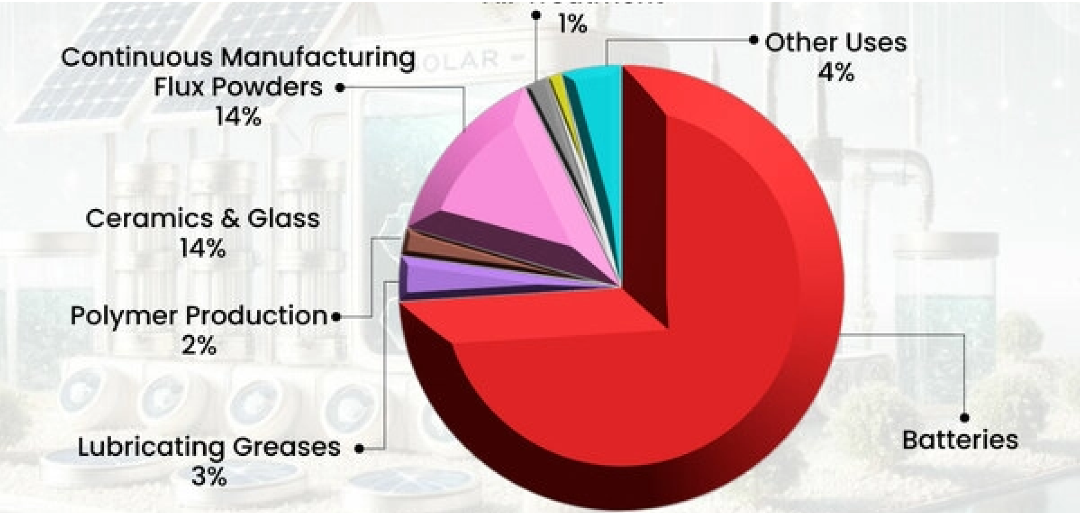Data Centers Set Up is Increasing, and it Leads to Surge in Global Electricity Demands
The increasing use of electrical energy due to the growth of technological firms and the burgeoning energy-consuming technologies, such as AI, is a significant hurdle in the world's pursuit to lower carbon emissions and switch to cleaner energy sources. This increasing demand for electricity is bound to offset any gains made in reducing greenhouse gas emissions unless deliberate measures are taken for the tech firms to harness clean energy sources and not fossil energy.
Data centers powered by renewable energy resources and operational energy-efficient practices are necessary for the efficient working of the environment. Therefore, tech companies may use renewable energy sources like solar, wind, and hydropower to minimize dependence on fossil fuels. They may also use cutting-edge technologies and practices to construct and run more energy-efficient data centers. The increased pace of expansion of the tech industry, especially with the emerging technologies in artificial intelligence (AI), has created concerns about the pressure it could place on electricity generation and grid networks globally. According to International Energy Agency (IEA) estimates on artificial intelligence (AI), the computing market is anticipated to grow. Further, it highlights that AI deployment may slow down due to less availability of chips and grids.
Another Norwegian risk management company survey shows that AI and data centers can provide only 2 percent of power demands globally by the end of 2050. Hence, it is high time that data centers were tracked down. Moreover, the increasing number of data centers leads to increasing electricity demands globally. Hence, it is a hurdle for the growing renewable energy sources in the light of sustainable development by 2050. Tech companies must focus on their clean energy usage and limiting electricity demands. Therefore, specific regulations need to be implemented soon globally.

